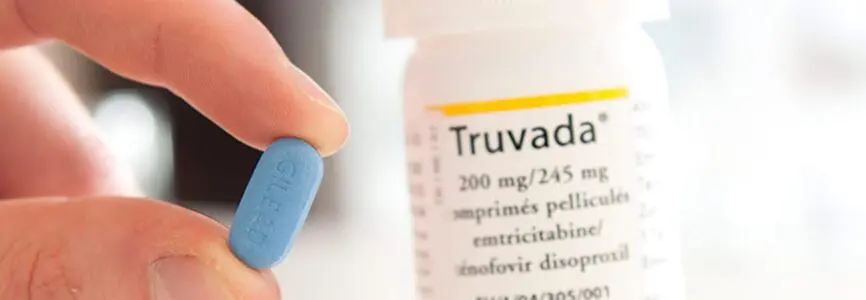Bioethics Forum Essay
Prevention Optimism: Does It Raise Ethical Questions about PrEP for HIV?
The introduction of pre-exposure prophylaxis (PrEP) as a means of preventing HIV infections in those at high risk marked a significant step in the fight against the virus. PrEP involves taking the HIV medicine Truvada or a generic version daily. It is now gradually becoming available across the world, particularly for men who have sex with men, though this move is not without its critics.
One of the biggest objections to the widespread introduction of PrEP is risk compensation. This is the theory that users will, given its high efficacy, respond to their reduced risk of HIV infection by increasing their risk behavior in other ways (i.e., by reducing condom use). This could result in an increase in sexually transmitted infections among users, and potentially even an increased risk of HIV among users who are not fully adherent to the medication. This debate focuses on the way risk compensation affects PrEP users, but what is neglected is the potential impact on the sexual risk behavior of nonusers.
An impact of concern is community-level risk compensation, or prevention optimism, whereby members of the MSM community who are not taking PrEP begin to engage in more condomless anal sex simply because other men are taking PrEP. Those nonusers might believe that, just as vaccination against an infectious disease leads to herd immunity, widespread use of PrEP by other members of the community reduces their risk of infection.
It is difficult to ascertain the extent to which prevention optimism would occur, though studies have found it following the introduction of PrEP and of highly active antiretroviral therapy (HAART). Given the possibility of prevention optimism, it is important to acknowledge the ethical issues that the increased availability of PrEP raise.
One ethical issue is the false sense of protection from HIV that PrEP gives to men who do not take the medication but who have sex with men. While they may see a small reduction in their risk of HIV infection, their risk reduction is negligible compared to that of PrEP users.
Another ethical problem is the possibility that prevention optimism could tip the balance of benefits and harms from PrEP toward greater harms. In other words, there could be a reduction in PrEP’s ability to prevent HIV and an increase in sexually transmitted infections. The greater the increase in condomless anal sex following the availability of PrEP, the greater the increase in the risk of STIs. This harm may be worsened if the increased spread of STIs were to result in more frequent cases of antibiotic-resistance.
For PrEP to be ethical, its overall benefits (i.e., reduced HIV infections) must be greater than the harms caused by prevention optimism (in addition to other negative side effects from the drug). We need more research on the prevalence of prevention optimism among men who have sex with men and do not use PrEP. If it turns out to be minimal, then the benefits of PrEP would outweigh the harms.
It is not unreasonable to assume that prevention optimism would affect a significant enough group to present a valid ethical objection to PrEP. It is important, then, to develop a suitable means of addressing prevention optimism. Ideally, it could be discussed in counselling during visits to sexual health clinics. But a drawback is that those who might be affected are not easily accessible as a group – they’re not using PrEP and may not regularly visit sexual health clinics.
The best way to counter prevention optimism is with public awareness messages targeting the MSM community as a whole that explain the limitations of PrEP. Such campaigns could take the form of posters in sexual health clinics or even ads on apps such as Grindr. It is necessary to address this ethical obstacle if PrEP is to be made more widely available in an ethically appropriate manner.
Jordan Parsons is a postgraduate research student at the University of Bristol in the U.K. He was a visiting scholar at The Hastings Center in 2018. Twitter: @Jordan_Parsons_
45% of The Hastings Center’s work is supported by individual donors like you.
Support our work.














It is very good information about some myths regarding the curing of both HIV and hepatitis C infection. It was somewhat useful for many including me. It is a must-read blog to explore the new info about HIV and hepatitis C infection curable medicines. Keep it posting these kinds of informative blogs in the future!